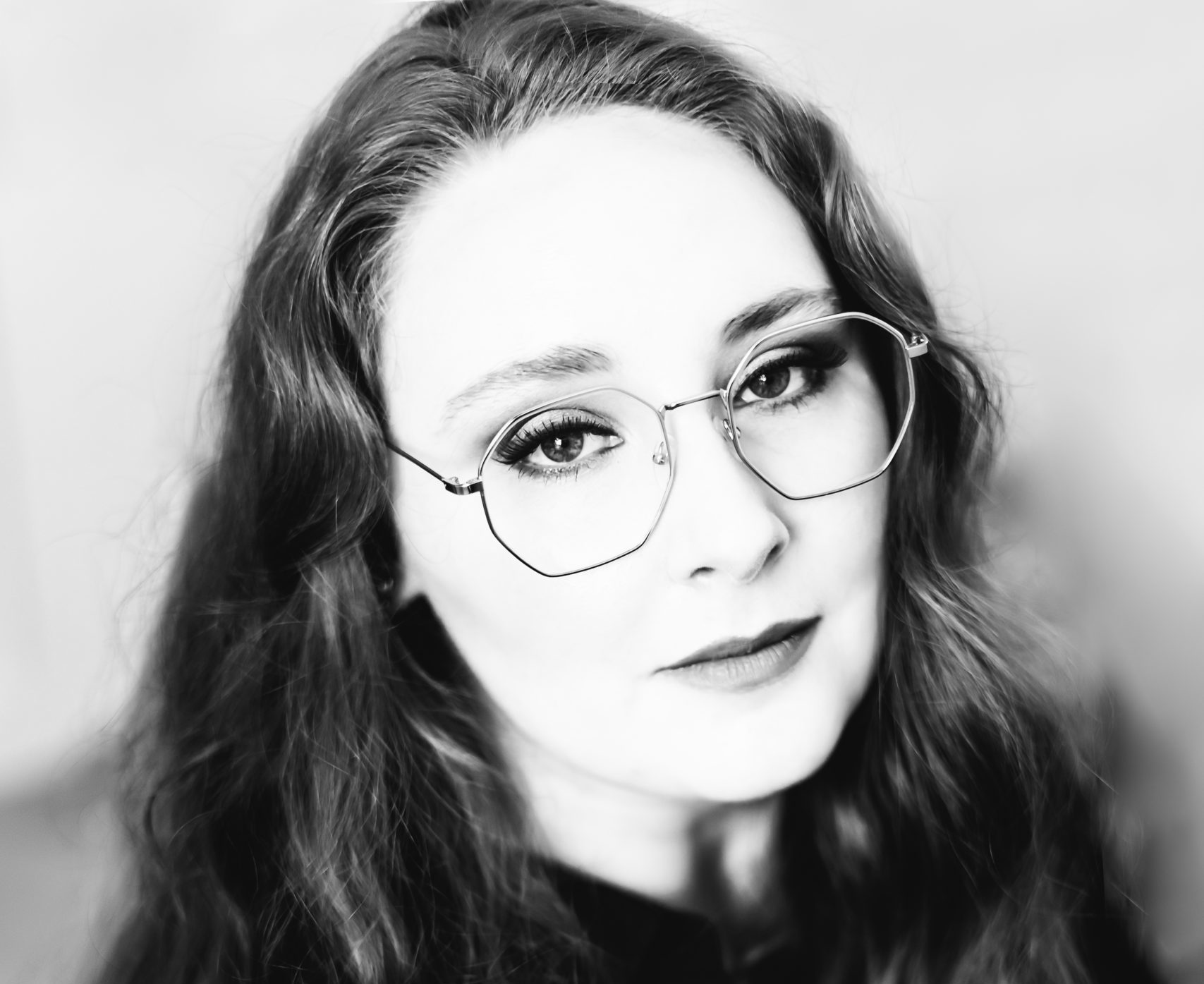
by Michele Kirichanskaya | Feb 9, 2023 | Blog
Once upon a time, Linsey Miller studied biology in Arkansas. These days, she holds an MFA in fiction and can be found writing about science and magic anywhere there is coffee. She is the author of the Mask of Shadows duology, Belle Révolte, The Game, What We Devour,...
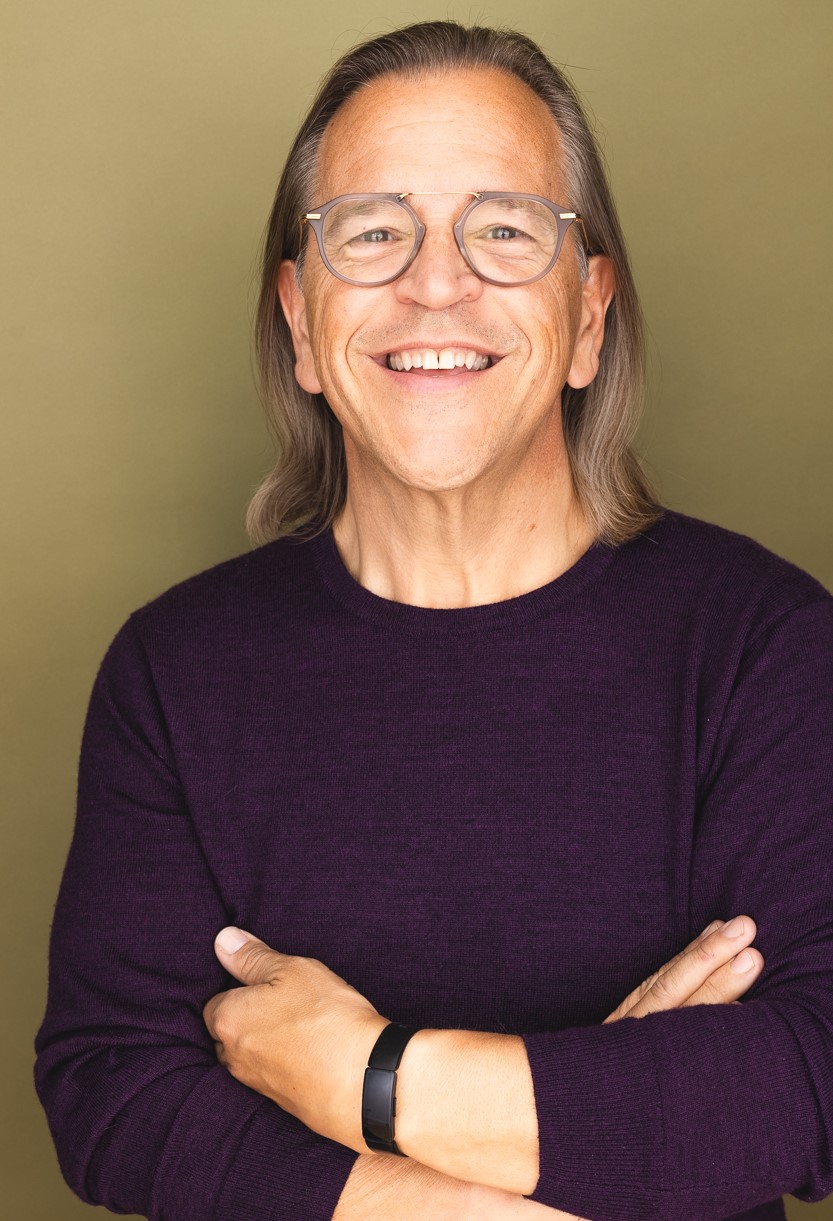
by Michele Kirichanskaya | Nov 21, 2021 | Blog
As a playwright, David Valdes’ work has been seen across the US and abroad, is published by Samuel French, and earned multiple awards, fellowships, and commissions. He is the author of five books, including the forthcoming Spin Me Right Round. As a gay...
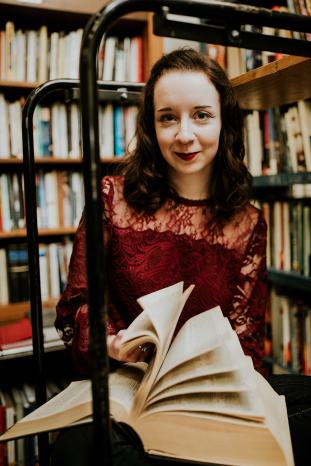
by Michele Kirichanskaya | Jul 15, 2021 | Blog
Mara Fitzgerald writes YA fantasy about unlikable female characters who ruin everything. She is a biologist by day and spends entirely too much time looking at insects under a microscope. She was born near Disney World and now lives near Graceland, which is almost as...
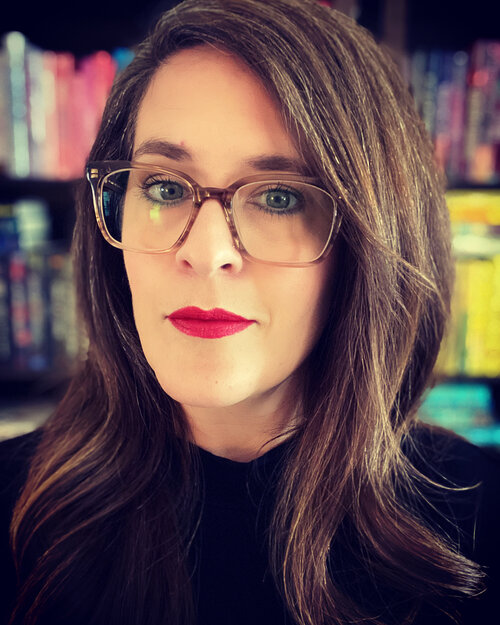
by Michele Kirichanskaya | May 20, 2021 | Blog
Ashley Herring Blake is an award-winning author and literary agent at Rees Literary Agency. She is the author of six novels for young adults and middle grade readers, as well as the adult romance novel Delilah Green Doesn’t Care. She lives on a very tiny island off...
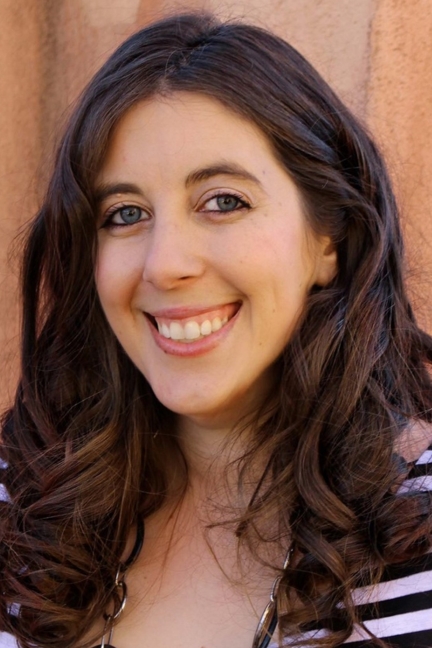
by Michele Kirichanskaya | May 12, 2021 | Blog
Dahlia Adler is an editor of mathematics by day, the overlord of LGBTQReads by night, and a Young Adult author at every spare moment in between. She is the editor of several anthologies and the author of seven novels, including Cool for the Summer. She lives in New...






